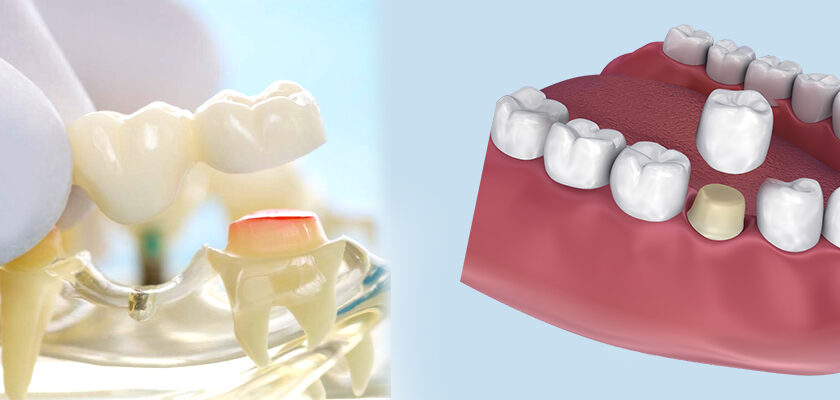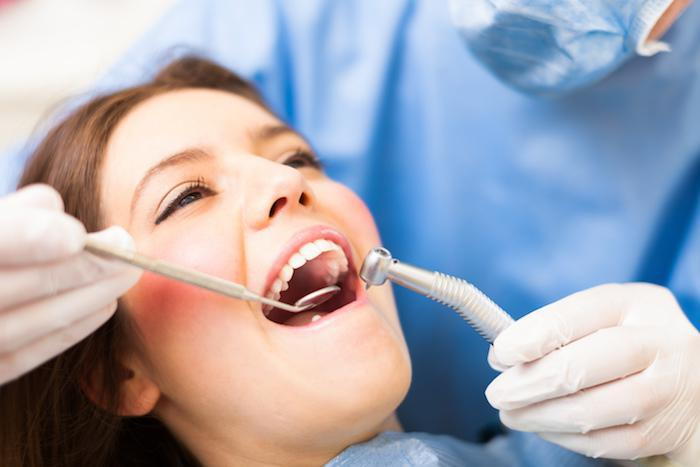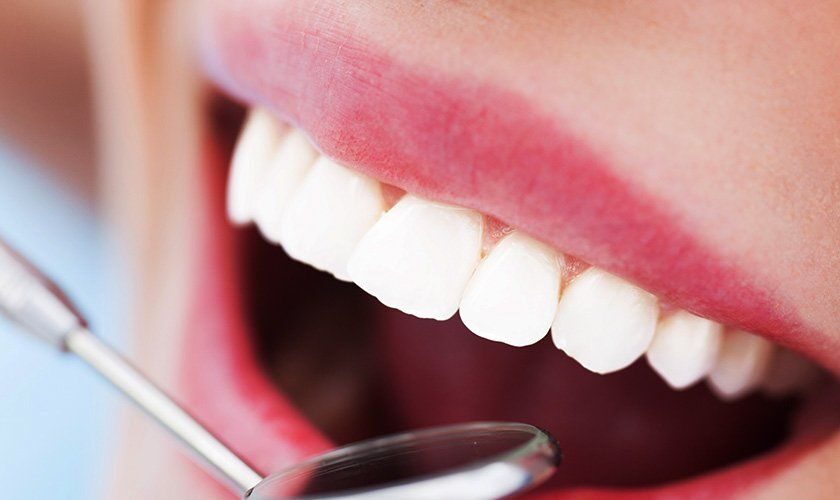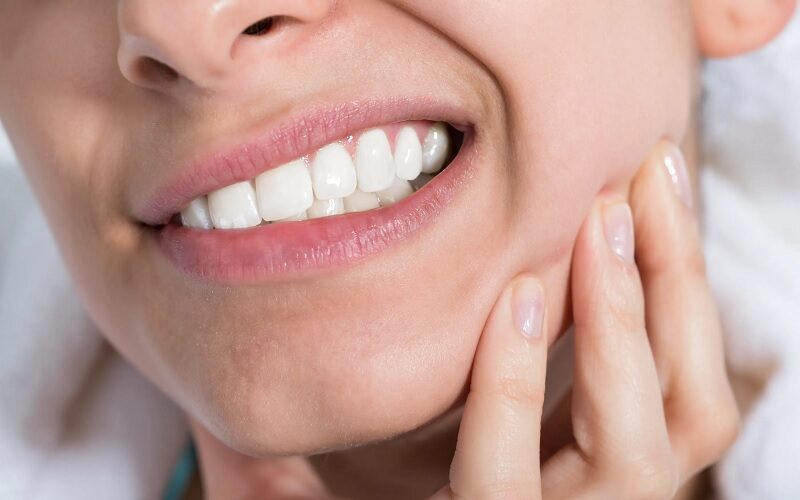Dental restorations are common procedures that help restore weak, decayed, or broken teeth. Among all the restorative procedures, dental crowns are increasingly popular since they help restore the original form and function of the decayed or damaged tooth.
Pekin general dentistry focuses primarily on restoring the damaged tooth structure to rehabilitate your oral health in terms of its original form, function, and aesthetics.
An insight into dental crowns
A dental crown is a tooth-shaped cap or shell that engulfs the entire tooth, restoring the damaged structure. It snugly fits your tooth and can successfully replace a severely decayed, broken, or worn-out tooth.
Types of dental crowns
There are a variety of dental crowns based on the material used:
- Metal crowns
- Porcelain-fused-to-metal (PFM) crowns
- Pressed ceramic crowns
- All-ceramic or porcelain crowns
- All-resin crowns
Indications for dental crowns
Your dentist may recommend a dental crown to:
- Strengthen a weak tooth structure
- Protect and support a cracked tooth
- Restore a broken or fractured tooth
- Cover severely stained teeth (aesthetic purpose) when teeth-whitening and veneers fail to camouflage the flaw
- Cover a root-canal-treated tooth
- Cover a dental implant
- Hold a dental bridge securely
Benefits of all-ceramic crowns
Currently, all ceramic or porcelain crowns are the most preferred when compared to metal crowns. This is because dental crowns:
- Aesthetically superior
- Provide good stability
- Are long-lasting
- Enhance your overall appearance
- Fit better than metal crowns
- Preserve most of the natural tooth structure (minimal tooth preparation required)
- Improve masticatory function and speech
- Are highly stain-resistant
Crown placement
Getting a dental crown involves the following process.
Pre-procedure
- At the first visit, your dentist will evaluate your affected tooth.
- Necessary dental X-rays will be taken.
Procedure
- Administration of local anesthesia (a numbing agent) to ease pain and discomfort.
- Tooth preparation so that the crown fits securely.
- Recording oral impressions and sending them to the dental lab.
- Placing a temporary crown until you receive a permanent one.
- Fabrication of the crown in the lab using the model created through the oral impressions.
- Crown placement During the second visit (after 1 to 2 weeks).
- Evaluation of the bite and occlusion after the crown placement.
After-care
To improve the crown’s durability and increase its longevity, your dentist will provide the following instructions.
- Brush and floss your teeth regularly
- Use an antibacterial mouthwash to eliminate or prevent plaque accumulation
- Avoid extremely hard or crunchy foods
- Get regular dental cleanings at least once in 6 months
Keynote
Dental crowns are excellent prostheses that can restore your decayed or damaged teeth. These restorations provide better durability, in addition to superior aesthetics. Crowns can help you avoid extractions since they not only restore your tooth structure but also prevent any damage or infection in the future.









